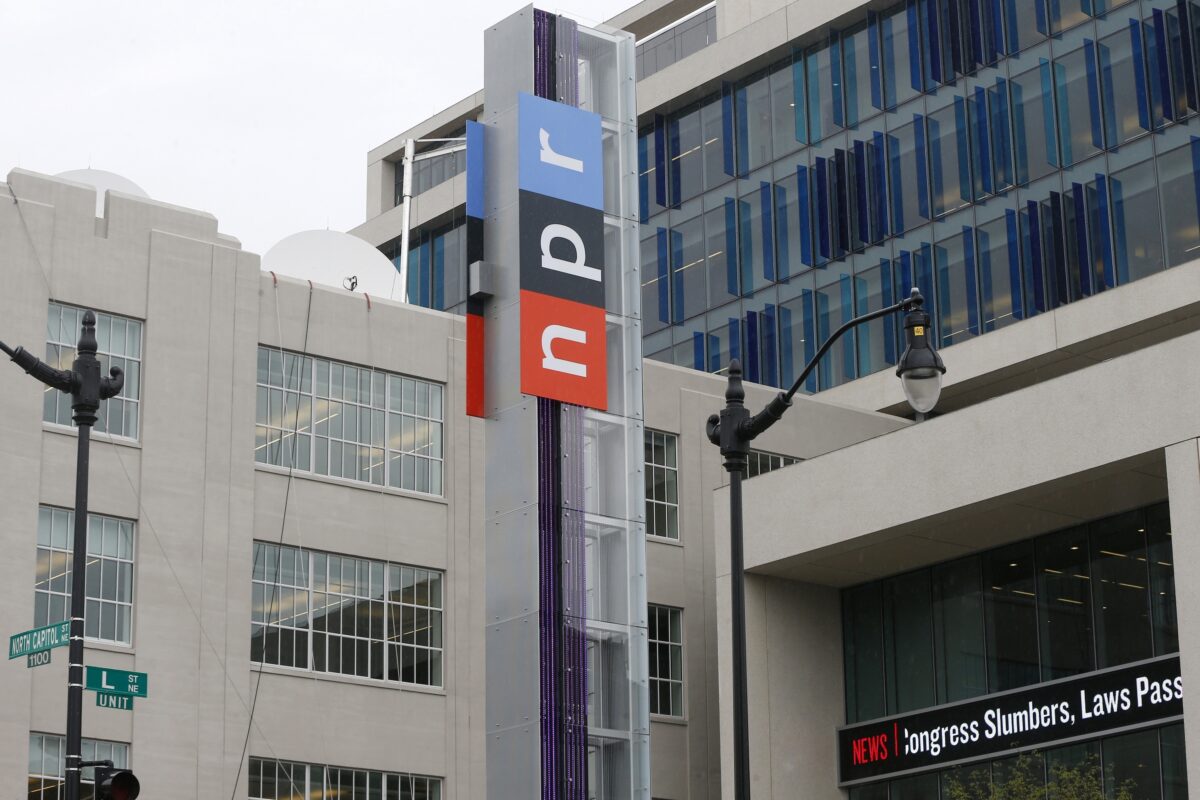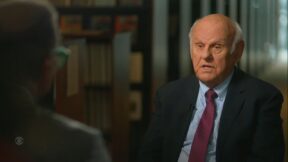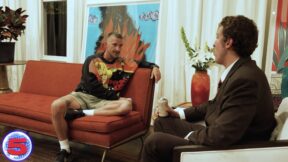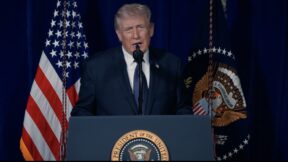NPR Had an In-House Cocaine Dealer, According to Wild New Tell-All

AP Photo/Charles Dharapak
Veteran journalist Steve Oney has spent the last decade reporting out his new book, On Air: The Triumph and Tumult of NPR. On this week’s episode of Press Club, he peeled back the curtain on NPR’s early years, describing a newsroom awash in sex, drugs, and countercultural fervor.
Oney called the organization’s early staff “radio revolutionaries,” and described “a culture of openness and experimentation” in its newsroom. But it wasn’t just flower power and idealism driving NPR’s founding generation. There was, according to Oney, actual powder.
“There was a cocaine dealer at NPR in the late ’70s, early ’80s,” he told Mediaite editor Aidan McLaughlin. “He worked there. He was a staffer, and he had a side business as the in-house dealer. You could page him over the NPR intercom system, and he would come to your studio or your cubicle with cocaine that he would sell.”
That staggering detail came amid a broader depiction of NPR’s early atmosphere: permissive, chaotic, and, in Oney’s words, “sex, drugs, and rock ‘n’ roll.” Staffers were mostly young and single, and “frequently sleeping with each other,” he added.
“It was the counterculture,” Oney said. “People were using [cocaine] for recreational purposes. Other times, they’d have an all-night edit session and snort a couple lines and then just work.”
The new book, a sprawling yet fast-paced history of the broadcaster, comes at a volatile moment for NPR. The Trump administration has intensified its war on public broadcasting, and in April, the White House proposed slashing federal funding for NPR’s member stations, accusing the network of liberal bias. NPR has since filed a lawsuit to block the move.
Asked about those claims, Oney was blunt: “I don’t think it’s consciously left-wing. Sometimes it’s too damn cute. There’s a kind of know-it-all quality.” Still, Oney said, NPR wasn’t founded as a liberal think tank. It was, for a time, a wild experiment — “a collective of college stations at its roots.”
“In the end, this is going to be settled not so much by government, but by reinforcing the idea that NPR provides a quality product. NPR needs some good PR from people who are planning to win.”
You can subscribe to Mediaite’s Press Club on YouTube, Apple Podcasts, or Spotify.
New: The Mediaite One-Sheet "Newsletter of Newsletters"
Your daily summary and analysis of what the many, many media newsletters are saying and reporting. Subscribe now!






Comments
↓ Scroll down for comments ↓